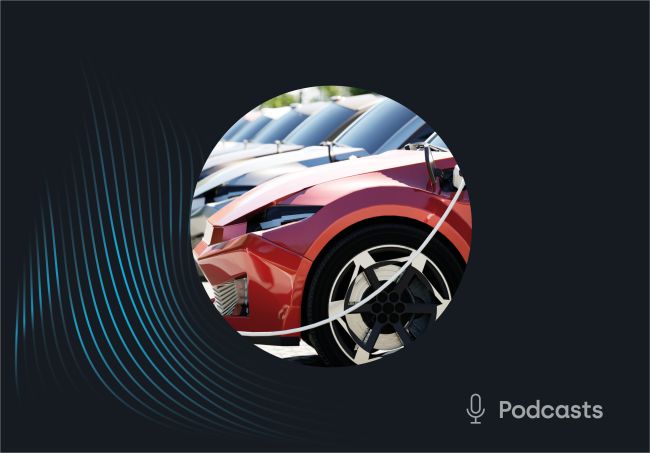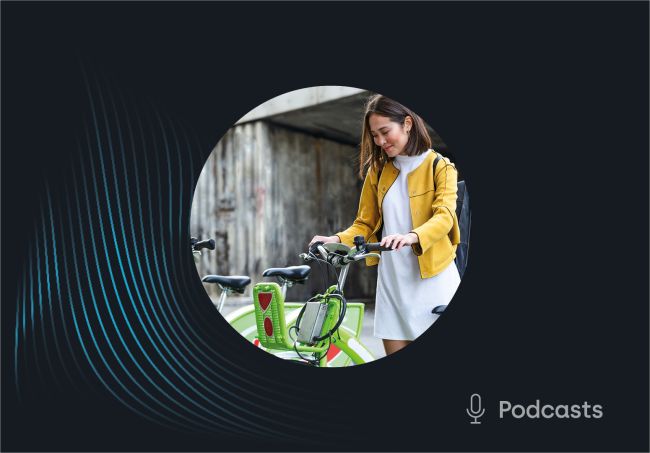From Pitch to Platform: Rail’s role in football
Discover how rail is shaping the future of football travel, tackling matchday challenges and redefining the fan experience.


Podcast|Duration 33min
Each Football season sees millions of people across the UK travel for matches, creating unique challenges for transport operators. In this episode, Gary Steele, Project Lead for the Football on Rail Initiative at the Rail Delivery Group, joins Gemma Bedlow from Steer’s Sports and Major Events team to explore the role that the rail industry plays in this logistical challenge.
Gary shares insights into the Football on Rail Initiative, discussing ways to improve collaboration between rail operators and football clubs and make matchday journeys smoother and more sustainable. From addressing fan travel behaviours to coordinating with clubs, this episode looks at the opportunities and challenges of aligning rail with the needs of football supporters.
Listen to our latest episode
Key takeaways
- Adapting to evolving travel patterns: Commuting used to dominate the railway industry. Post-pandemic, leisure travel has played an increasingly important role. Football is a key part of this. Week after week, fans travel in large numbers, creating distinct and intense travel demands. Rail operators are trying to adapt their business models to refocus on fans, within a system set up for commuters. They are facing obstacles along the way.
- Collaboration for better matchday travel: The Football on Rail Initiative extends beyond football clubs and rail operators — it brings all key stakeholders together. This includes event organisers, blue light services, local, regional and national government bodies, as well as fan groups and travel agents. The Initiative brings these partners together to focus on one goal – the safe, efficient, sustainable and pleasant movement of fans around the country. Good ideas and best practice are shared nationwide.
- Sustainability as a catalyst for progress: Making football travel more sustainable is both a pressing challenge and a shared ambition. Achieving greener matchday journeys requires a strong commitment from clubs and coordinated efforts between them, rail operators and governing bodies. By positioning sustainability as a driving force, stakeholders can focus efforts on reducing the carbon footprint of matchday travel while embracing innovative changes that benefit both fans and the environment.
Guest(s)
- Gary Steele, Project Lead, Football on Rail Initiative, Rail Delivery Group.
Host(s)
- Gemma Bedlow, Senior Consultant, Sports and Major Events, Steer












